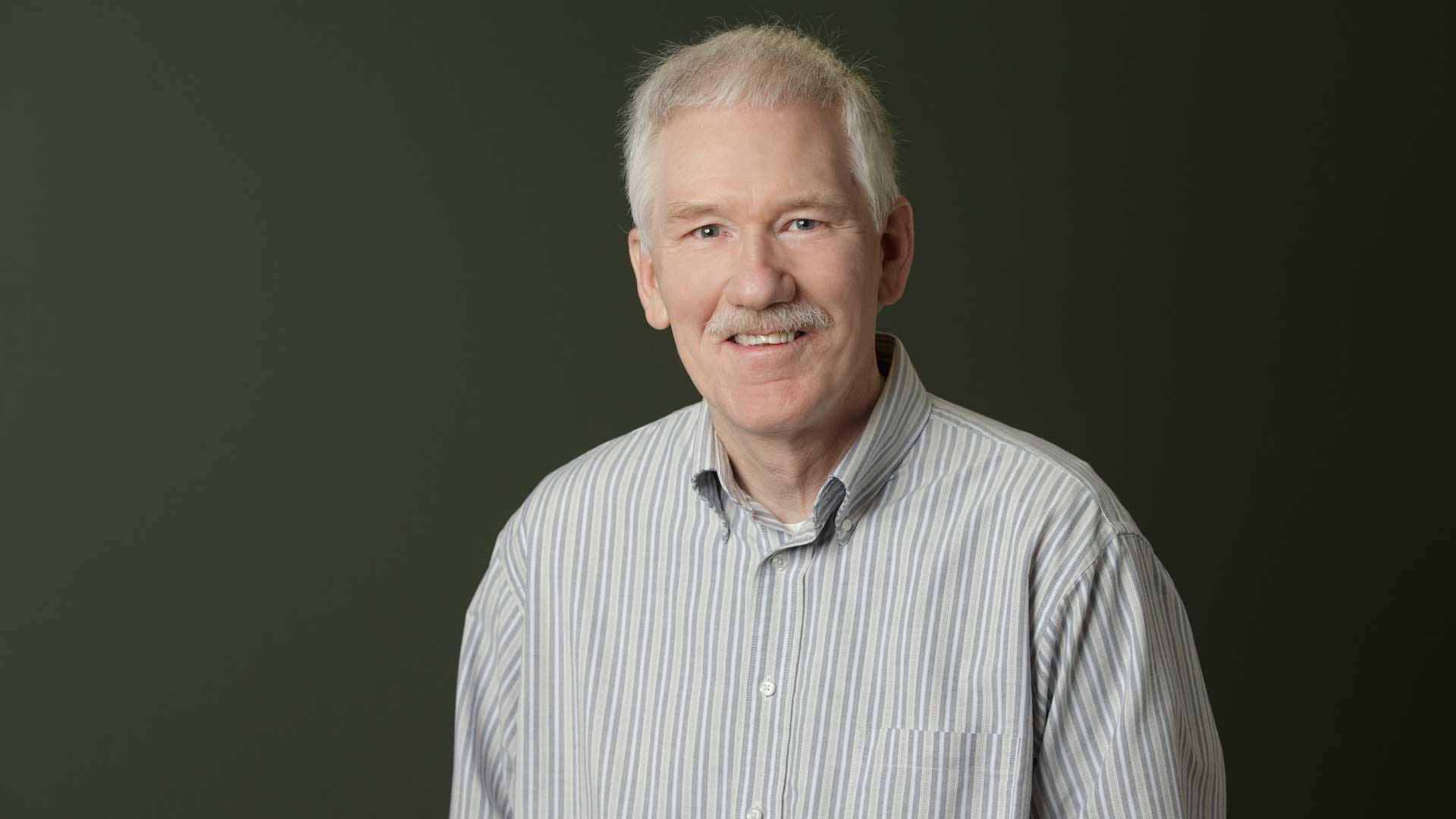The Final Days of Great American Shopping

Tell us about your new collection of stories, which have been written over an extended period of time. Is there a theme that runs through the collection as a whole?
Most of the stories take place in or around Belladonna–a gated community in upstate South Carolina that you won’t find on any map. Although I don’t consider Faulkner a major influence on my writing, his creation of an imaginary South in which he follows families through time appeals to me. (Think Yoknapatawpha County with security gates, McMansions, and a golf course.) If I had to come up with a single theme for the book, it might be this: Can money buy—or at least rent—happiness, and if so, under what circumstances, and at what spiritual cost?
We’ve included a link to one of the stories in the collection, “Speed Dating,” which is a first-person account of a man who speed dates as a hobby. We’re interested in what inspired that story.
I wrote the initial draft in the summer of 2001, when speed dating was just beginning to become popular in America. Like many of my other stories, it began as a goofy social satire and morphed into something more serious as I imagined the main character more deeply. When I revised the story for the book manuscript over a decade later, I brought it in line with my evolving Belladonna mythology. (Ted and his final date eventually get married and move toBelladonna, where they collaborate on a semi-autobiographical self-help book.)
You retired in 2015 after teaching at Furman for 38 years. Have you been able to devote more of your time to writing now that you’re no longer in the classroom?
Yes. I’m currently working on three book-length manuscripts (a collection of poems and two more collections of Belladonna stories). Although I still get my “teaching fix” from occasional readings, workshops, and guest lectures, I’m enjoying a more relaxed schedule that includes gardening and traveling with my wife, Barbara. I’m not sure the general public realizes how much time Furman faculty spend on their teaching.
Finally, if we asked you what five books of fiction should be required reading, what would they be and why?
Except in the context of a particular course, I don’t really believe in required reading. If you read for pleasure, read the authors you most enjoy. If you’re seriously interested in writing, though, I think you’re obliged to read widely in your chosen genre and to look for kindred spirits—folks whose work you admire and whose example can help you develop your own imagination. As a writer of short fiction, I’ve found the following five authors especially helpful: F. Scott Fitzgerald, John Cheever, Flannery O’Connor, Eudora Welty, and James McConkey (my mentor at Cornell in the 1970s).